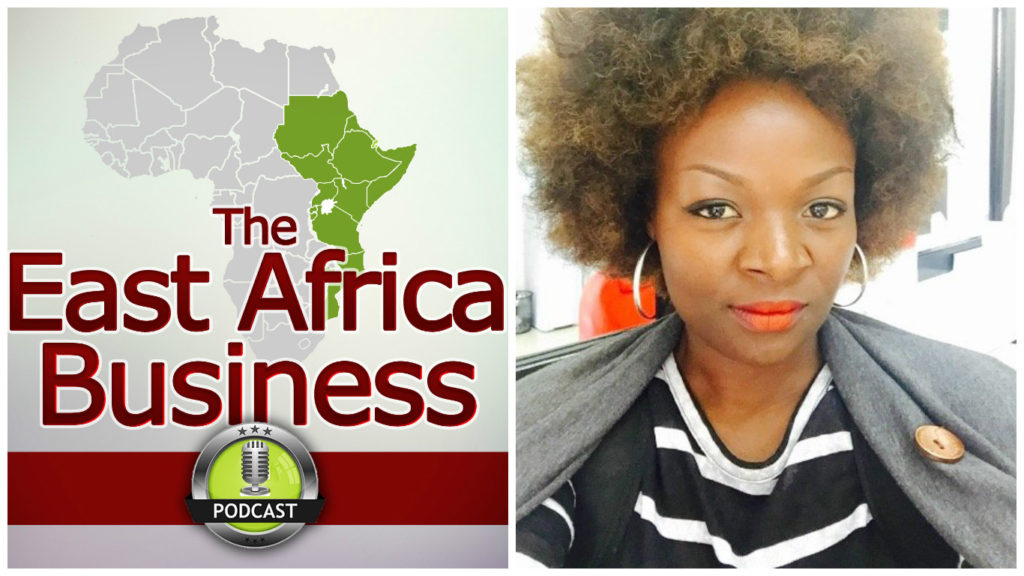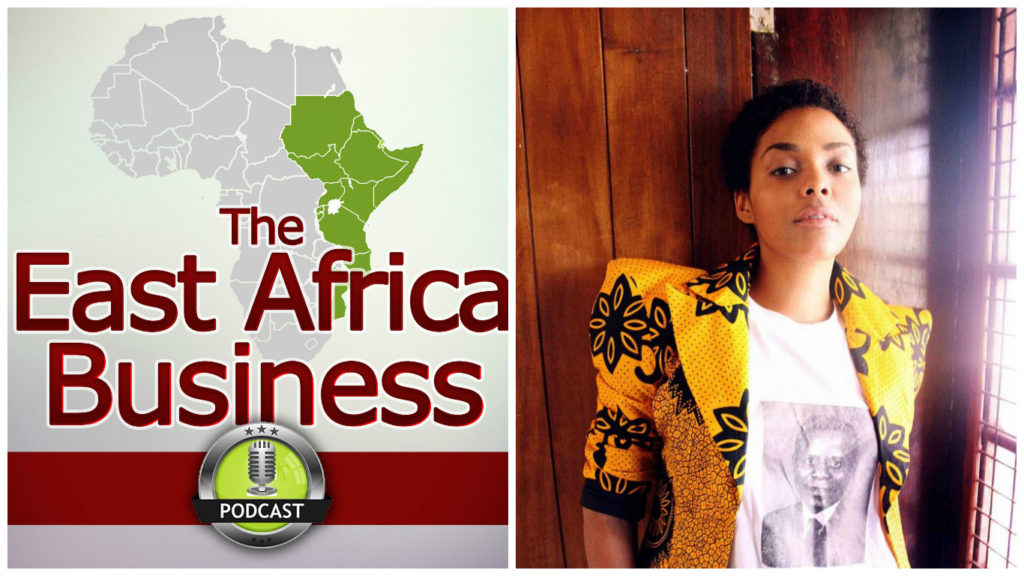Overview
Make up is not an industry that I can profess to know much about, but after speaking with Sylvia, the founder of Paramour Cosmetics, I feel I know a lot more
In this episode we talk about how Western make up is unsuitable for African women, the way that Sylvia trains her staff to help customers with their mental wellness, and how the business is looking to expand in the US after Sylvia was accepted onto a programme designed by President Obama to find the next 1000 African leaders who will make an impact.
Sylvia was also the person who introduced me to Gloria (the founder of Kampala Fashion Week) and so if you’re interested in more about East African beauty and fashion, be sure to give that episode a listen too.
For now at least I hope you enjoy Sylvia and I’s conversation all about make up.
Sign up below to hear whenever there are new stories and episodes released on the podcast
Here are some of the key quotes
“We are a cosmetic range designed for the beauty needs of African women”
After working as a make up artist for 10 years I noticed a gap in the market and so started Paramour Cosmetics.
“Chinese products don’t work well in Africa”
It’s designed for a lighter complexion, and the products don’t work well in the climate or the heat. Quality and importantly perception of quality isn’t the highest too.
“We design products so African women can feel beautiful”
They can feel comfortable in their skin and learn how to use the products. Globally, women of darker skin wouldn’t be able to find make up that isn’t for lighter tones.
“It was tough to convince resellers that the customer would sell…”
There were difficulties with initially selling to resellers, having celebrity endorsements, or having a presence in expensive malls
“… the winning strategy was starting our own make up studio”
10 months ago we opened a studio and have now had over a thousand customers come through our doors.
“We haven’t been able to produce in Uganda”
Our products are brought in from California because the infrastructure isn’t in place to manufacture the make up in Uganda. The US has women of dark complexion and expertise in creating make up.
“There are multiple routes to market”
We try to get to them directly. Free testing at the make up studio. Free deliveries to customers in Kampala. Online sales.
“The 1% are our main customers…”
It’s a high end product, so the customers are the middle class and income generaters.
“… but for interest, it’s the young people”
We have 40,000 followers on Facebook most of which are young people who are understanding the market and enjoying the promotions
“Ugandans don’t really trust online shopping”
It’s rare for customers to have a Visa or Mastercard, and even when they do, they prefer other means of payment. Most of our online sales come from Kenya.
“Employing people is energy consuming”
You need to care for people and believe in them when you hire people. We have 12 people who are mainly young, single women. But I enjoy it!
“‘What’s your real job?’”
Make up is a new industry. Most people don’t believe that it’s a feasible business for people to be doing in Uganda.
“It’s hard to convert customers who use Maybelline”
The biggest customer is a Ugandan lady who wants to look good for their husband and feel beautiful and confident. Most have never worn make up before.
“We’re mid-market”
Not as expensive as the imported products, but not as cheap as lower quality goods. Roughly $35 for a product.
“We’ve had to create a new market”
It takes time to combine tradition with modernity and create the market in Uganda.
“Paramour will be selling on Amazon soon”
There is demand in the US for our cosmetics, and so we will be selling our products over Amazon there.
“I was part of Obama’s African Leadership programme”
It was a 6 week cultural and business exchange for 1,000 potential leaders from Africa. This led to connections with Amazon and other businesses. There is also help for Africans to set up a business directly in the US.
“Individualism is what I learnt most from being in America”
In Uganda they come to learn about what the right make up product is for them. In the US though, people go to make up shops to just buy what’s right for them.
“Africa is the way to go”
Africa is the next America. We’re young, and willing to work harder than elsewhere and then spend that money on products.
“It’s time for the creatives”
People are used to doctors and lawyers being the respectable professions. I’m seeing that more and more people in the creative industry earning a living.
“If I wasn’t a make up artist, I’d be a psychologist”
It’s something that doesn’t happen much in Uganda, but by being a make up artist I speak with women about their problems when they come into the studio. That’s often the main reason they come.
“I think mental wellness is a business opportunity”
It’s not really done in Uganda and I see a lot of it when people come to buy new lipstick. I’d also do something that utilises young people.
“University graduates were too demanding”
I mainly hire people who haven’t been to university, and instead work with single mothers. They come from a social enterprise that I work with and have been amazing.
“There’s a 3 month probation period”
We pay someone to see if they’re up to being a make up artist. When they are, they go and train other artists to join.
“A good make up artist needs to be…”
… able to change a life. It’s not just about pasting, but instead it’s a about personality and ensuring someone can be confident and comfortable in what they do.
“We just talk to people”
Make up is just part of it. Our training is about building trust between the customer and the artist and once they do, people feel better about themselves and buy again and again.
“We want to set up an example”
If others move into the market then that will help us keep our standards high. But it’s a difficult type of company to build!
“Paramour means ‘true love’”
By being true to ourselves we are trying to instill in people that it should be celebrated for people to express their own beauty.
Links etc.
Young African Leaders Initiative
Social Media Follows
Website: http://paramourcosmetics.com/
Facebook: https://www.facebook.com/ParamourCosmetics
Instagram: ParamourCosmetics
Twitter: @ParamourBeauty
Sylvia Kawalya: LinkedIn profile

